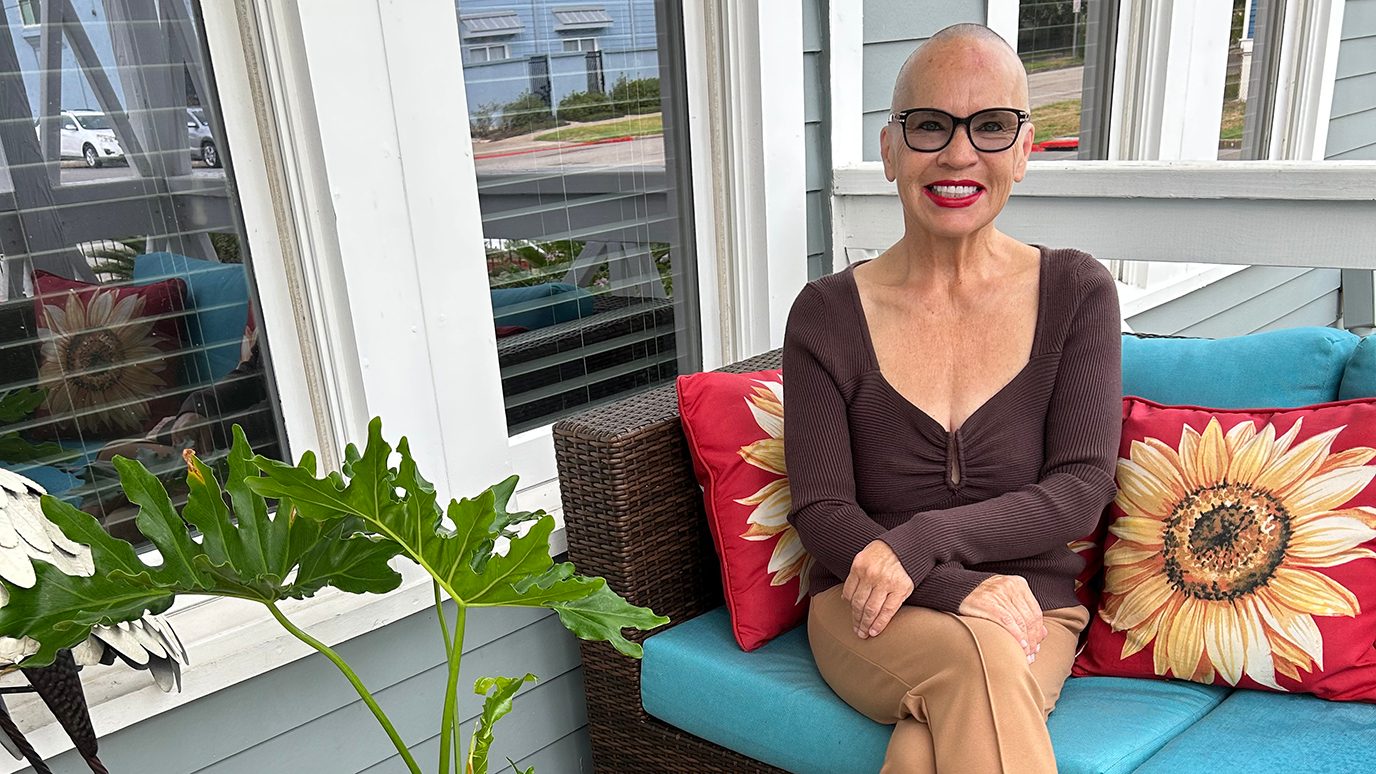request an appointment online.
- Diagnosis & Treatment
- Cancer Types
- Ovarian Cancer
- Ovarian Cancer Symptoms
Get details about our clinical trials that are currently enrolling patients.
View Clinical TrialsOvarian Cancer Symptoms & Signs
Most women with ovarian cancer have vague symptoms; even women with early-stage ovarian cancer have such symptoms. These signs often can overlap with less serious conditions including indigestion, weight gain or aging.
Symptoms and signs of ovarian cancer vary from woman to woman, but they may include:
- General abdominal discomfort or pain (gas, indigestion, pressure, swelling, bloating, cramps)
- Bloating and/or a feeling of fullness, even after a light meal
- Nausea, diarrhea, constipation or frequent urination
- Unexplained weight loss or gain
- Loss of appetite
- Abnormal vaginal bleeding
- Unusual fatigue
- Back pain
- Pain during sex
- Menstrual changes
These symptoms do not always mean you have ovarian cancer, but it's a good idea to discuss them with your health care provider if they:
- Are new symptoms
- Last more than a few weeks
- Occur more than 12 times a month
Learn more about ovarian cancer diagnosis.
Get Screened
Cancer screening exams can detect cancer early, when the chances for successfully treating disease are greatest.
MD Anderson offers ovarian cancer screenings at the following locations:
- MD Anderson in Sugar Land
- MD Anderson West Houston
- MD Anderson The Woodlands
- Texas Medical Center
Clinical Trials
MD Anderson patients have access to ovarian cancer clinical trials offering promising new treatments that cannot be found anywhere else.
Becoming Our Patient
Get information on patient appointments, insurance and billing, and directions to and around MD Anderson.
Help #EndCancer
Give Now
Donate Blood
Our patients depend on blood and platelet donations.
Shop MD Anderson
Show your support for our mission through branded merchandise.



